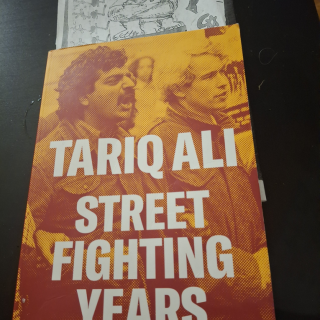Sofia Coppola's "Priscilla" is the biopic inspired by Priscilla's 1985 memoir, 'Elvis and Me,' focusing on Priscilla's perspective of her relationship with Elvis, which is sometimes suffocating. Coppola's film is the opposite of what Baz Luhrmann aimed to portray in "Elvis" (2022).
Coppola likely relates to her own experiences living in the shadows of a powerful and successful man—her father, Francis Ford Coppola—drawing parallels to Priscilla's journey toward independence.
Priscilla Beaulieu is an innocent teenager when she meets the heartthrob Elvis Presley in Germany, far from his rock-and-roll kingdom. What begins as a starstruck crush, fueled by shared homesickness, evolves into a complicated love affair, revealing the unseen vulnerabilities of a cultural icon. Their relationship progresses from the initial fairytale excitement to a whirlwind marriage, and the film poignantly depicts their life together.
Cailee Spaeny's performance puts her on the fast track to becoming a household name. Her restrained emotion and nuanced expressions convey profound feelings beyond dialogue, as we witness a young woman's struggle to maintain her identity amid the glitz and glamour. The camera zooms in on her face, revealing frustration, heartbreak, and longing.
As her hair grows bigger and blacker, with heavy makeup—a look demanded by Elvis—she begins to dress more maturely, reminiscent of the wives in "Goodfellas." We witness Priscilla growing up quickly, too quickly, under Elvis' wing. It's a bit uncomfortable, given the age difference, and Coppola doesn't let us look away.
Jacob Elordi leaves his mark as the King of Rock 'n' Roll. While he may not reach the Oscar-nominated heights of Austin Butler's portrayal, Elordi delivers a convincing performance. His Elvis is charming, yet the film does not shy away from the darker parts—his temper, the control and manipulation, and his pill dependency. This isn't your grandma's Elvis; Elordi portrays him as deeply flawed and human during the height of his fame.
Coppola draws out stellar performances from her cast. When Elvis confesses his affairs, the camera lingers on Spaeny's face. You can see the hurt she internalizes in that moment of stillness because speaking up means risking everything. Their on-screen chemistry is magnetic and convincing. The story unfolds to show the grim reality of her situation. Elvis does not hesitate to tell Priscilla to pack up and leave at a moment's notice, completely disregarding her pregnancy with his child.
Coppola is gifted at capturing a character's sense of isolation through visual storytelling. When Priscilla is alone—whether staring out a window, sketching, or reading the latest gossip about Elvis—the framing is deliberate, using negative space and slow zooms to underscore her loneliness.
The film excels in numerous areas but struggles with pacing, a common pitfall of biopics where time can seem disjointed. The narrative moves through different phases, with the third act passing particularly quickly. However, the costume designers adeptly keep up with the rapid changes, perfectly capturing the evolving looks of Priscilla. She never leaves the house without looking like a million bucks.
Coppola's "Priscilla" critiques the expectations placed upon women in the '50s and '60s and societal pressures to serve to the stay-at-home wife archetype. It is a thought-provoking and unsettling exploration of fame, toxic relationships, and the vulnerability of women to conform to societal pressures. Not to mention, the last shot feels like a breath of fresh air for Priscilla and maybe for us, too.
4.5/5



